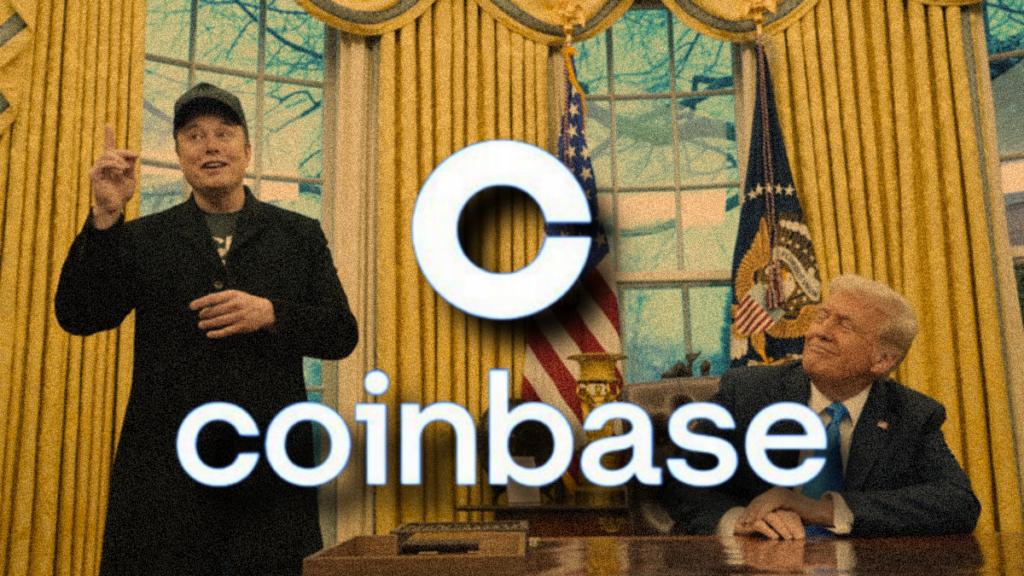TL;DR
- Coinbase argues that adopting blockchain and cryptocurrencies can reduce public waste and modernize how governments operate.
- Real-world examples like California’s DMV and Colorado’s cattle brand registry prove that blockchain is already working successfully.
- The U.S. strategic crypto reserve highlights the growing importance of digital assets on a global scale.
In a recent publication, Coinbase outlined an ambitious vision: transforming the way governments function by leveraging blockchain and cryptocurrency technology, significantly reducing costs, accelerating bureaucratic processes, and tackling the structural inefficiencies that burden many public institutions. The proposal comes at a time when entities such as the Department of Government Efficiency (DOGE) are actively seeking ways to cut waste and optimize resource management.
One of the most striking examples cited by Coinbase is the California Department of Motor Vehicles (DMV), which successfully digitized 42 million vehicle titles using blockchain technology. The result? A process that previously took weeks can now be completed in mere minutes. Similarly, the state of Colorado has adopted blockchain to manage its cattle brand registry, improving transparency and cutting down on red tape. In addition, other jurisdictions are beginning to explore the use of smart contracts to automate licenses and permits, potentially slashing wait times for everyday citizens.
Real-World Applications: From Voting to Public Health
Blockchain could also revolutionize decentralized digital identities, allowing government agencies to access only the necessary private information while eliminating redundant records and protecting individual privacy. Another high-potential use case is onchain voting, which offers the promise of secure, transparent elections free from fraud or manipulation.
In the health sector, countries like Poland are already using blockchain to enable patients to voluntarily share their medical data with researchers, opening new avenues for scientific discovery without compromising data security. Blockchain is also being considered to streamline the distribution of medicines and efficiently manage stock in public hospitals, improving overall service delivery and oversight.

Tokenization and Strategic Reserves: An Inevitable Future
Coinbase further suggests that governments could begin issuing tokenized financial instruments, following the example of Hong Kong’s green bonds. This modernization not only cuts down administrative costs but also increases transparency and enables participation from both small-scale and institutional investors.
Finally, one of the most innovative ideas is mentioned: the recent strategic cryptocurrency reserve in the United States using confiscated assets. This measure not only diversifies state funds but also officially recognizes the strategic value of Bitcoin and other cryptocurrencies as pillars of the new world financial order.
From this perspective, blockchain technology is not just a private-sector innovation, it could be a lifeline for governments in desperate need of reinvention.










